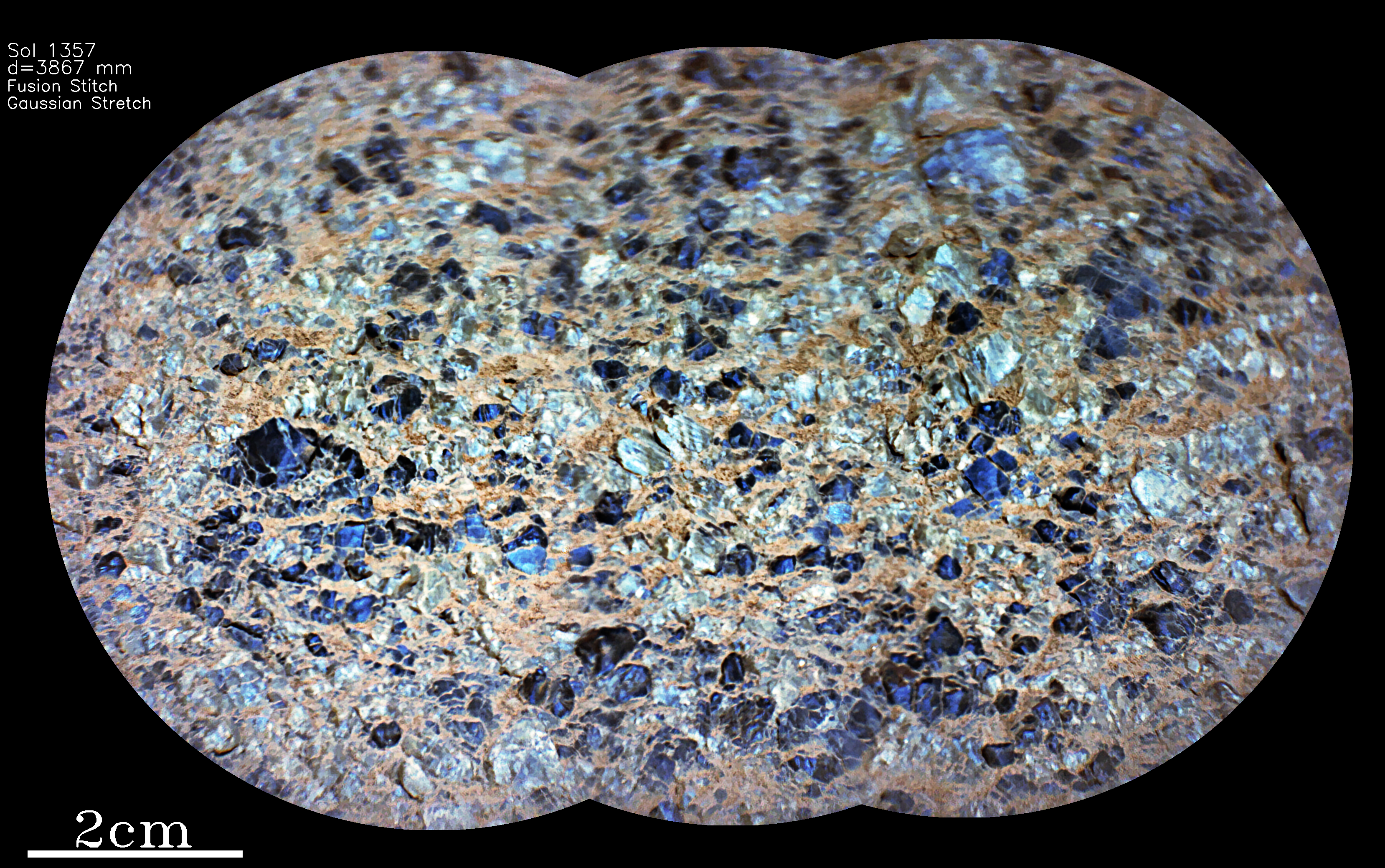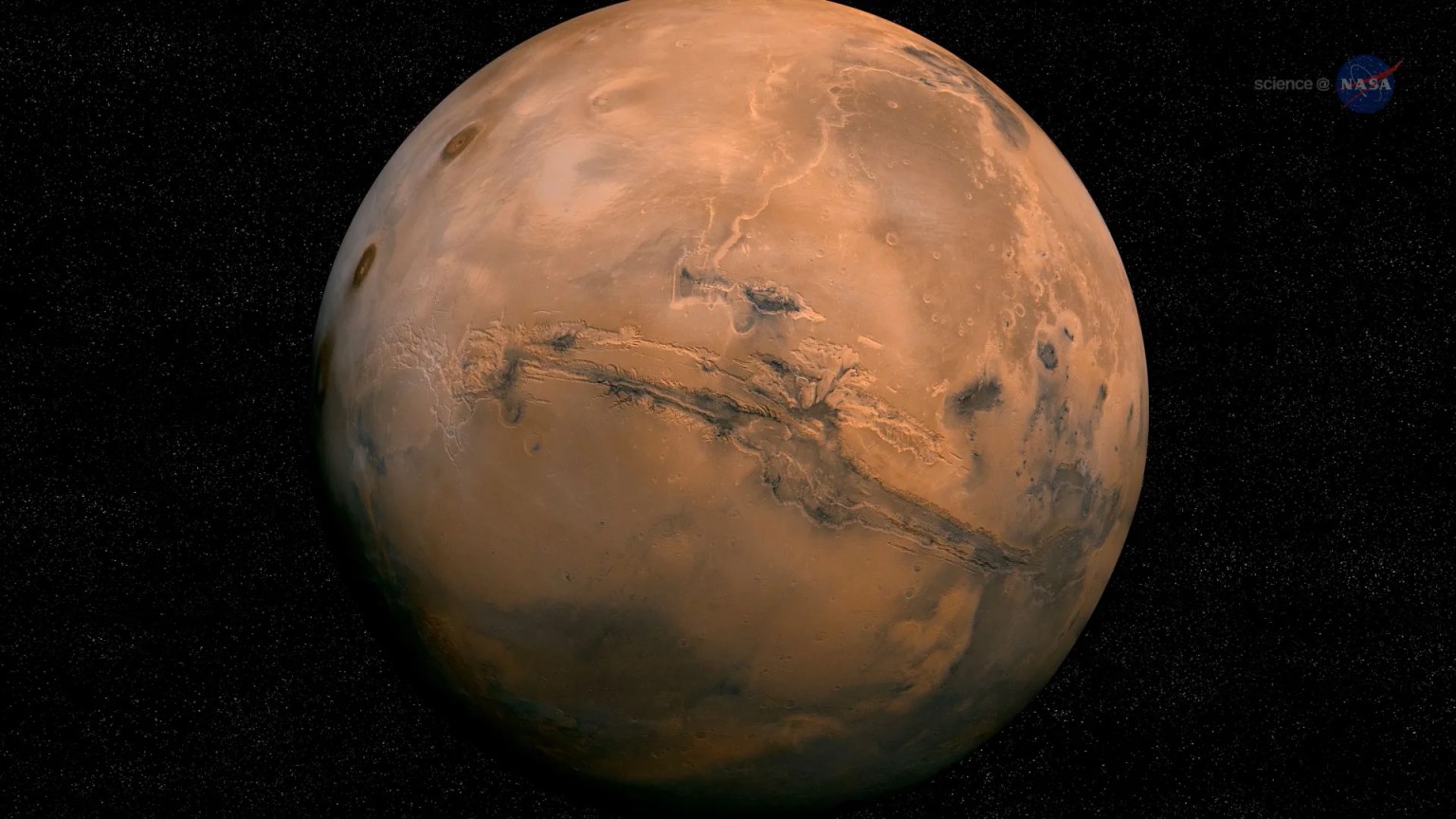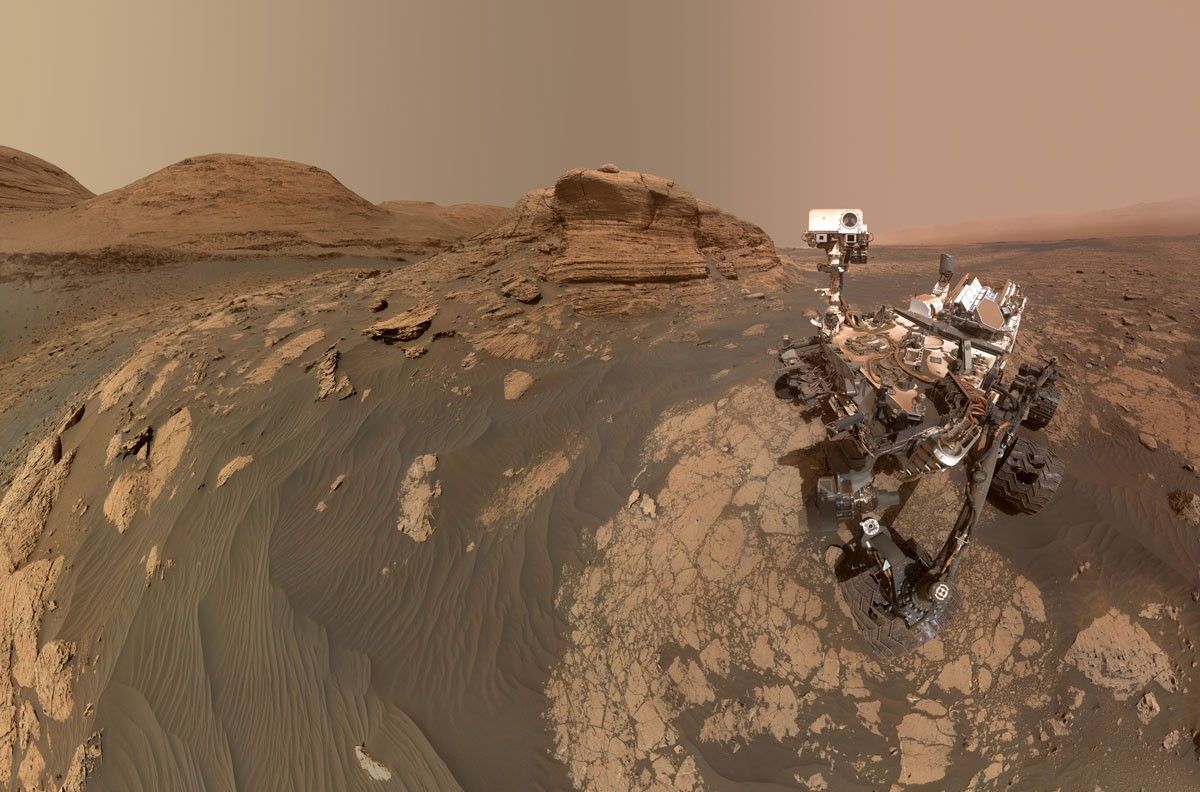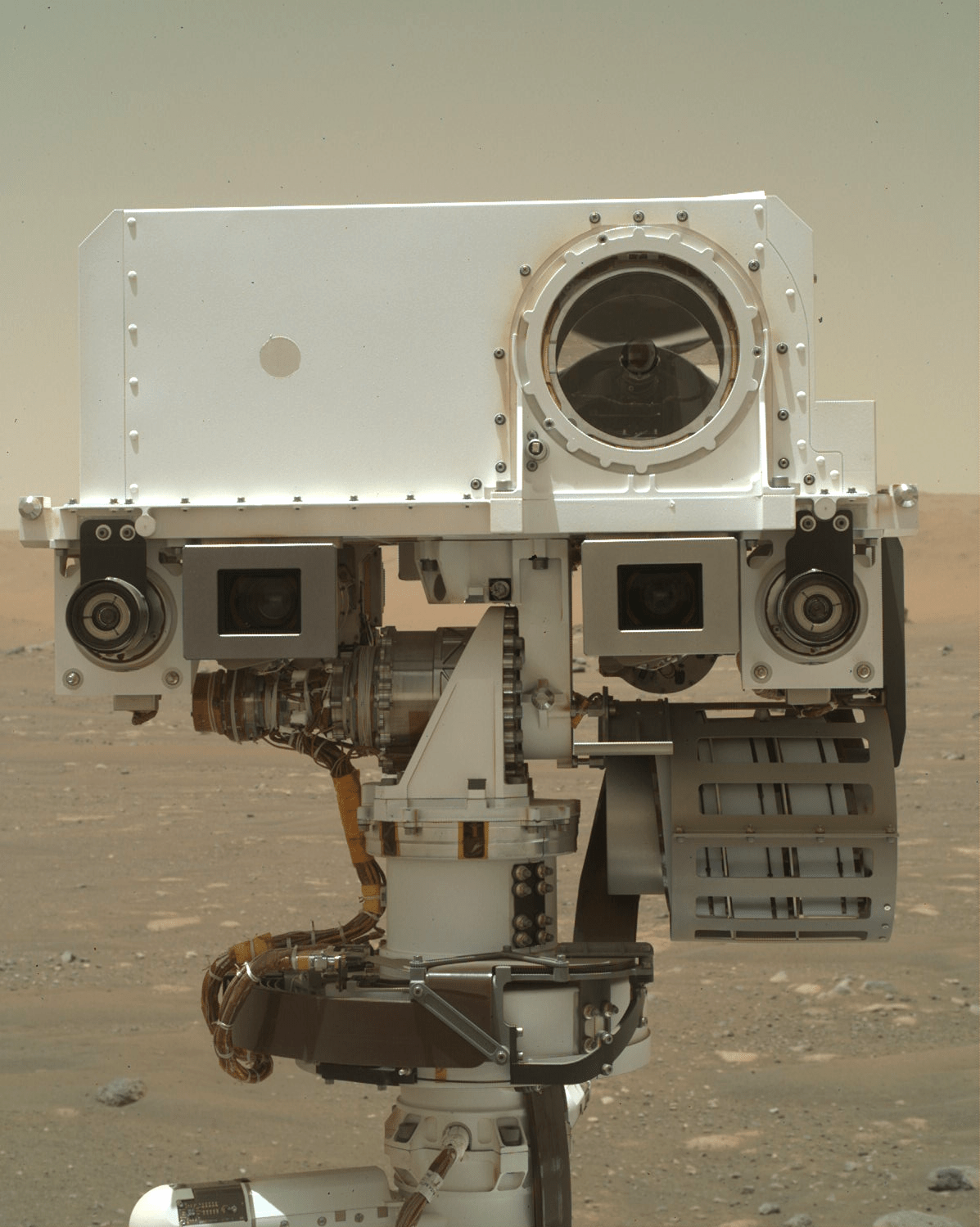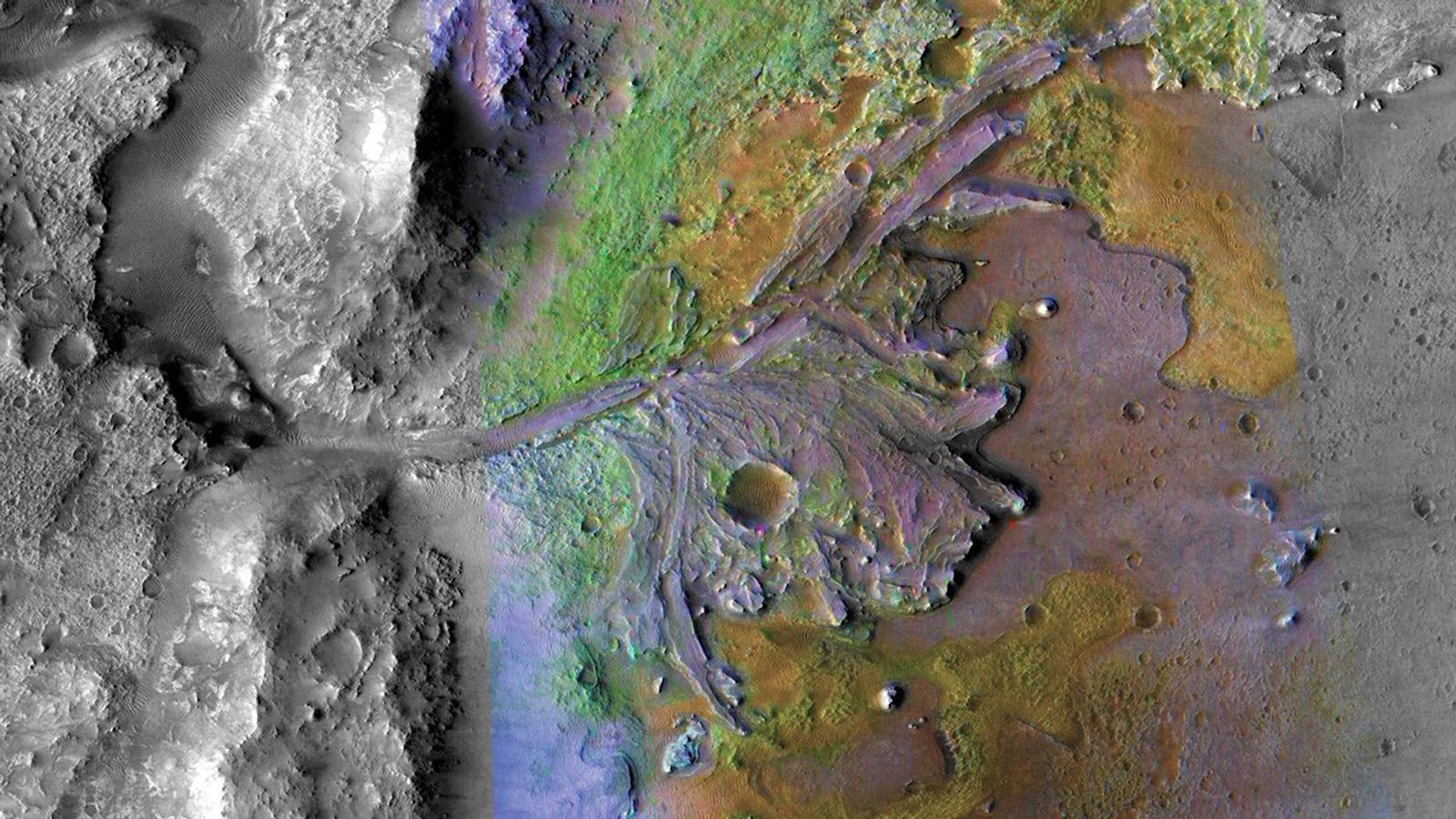Sols 4402-4415: Rover Decks and Sequence Calls for the Holidays
Earth planning date: Friday, Dec. 20, 2024 Welcome to the 2024 holiday plan for Curiosity! This year we’re spanning 14 sols to last us through the Earth new year. And this is my fourth year operating Mastcam during the holidays (throwback to 2023 Marsmas!). I already knew to expect a long day, so I got […]
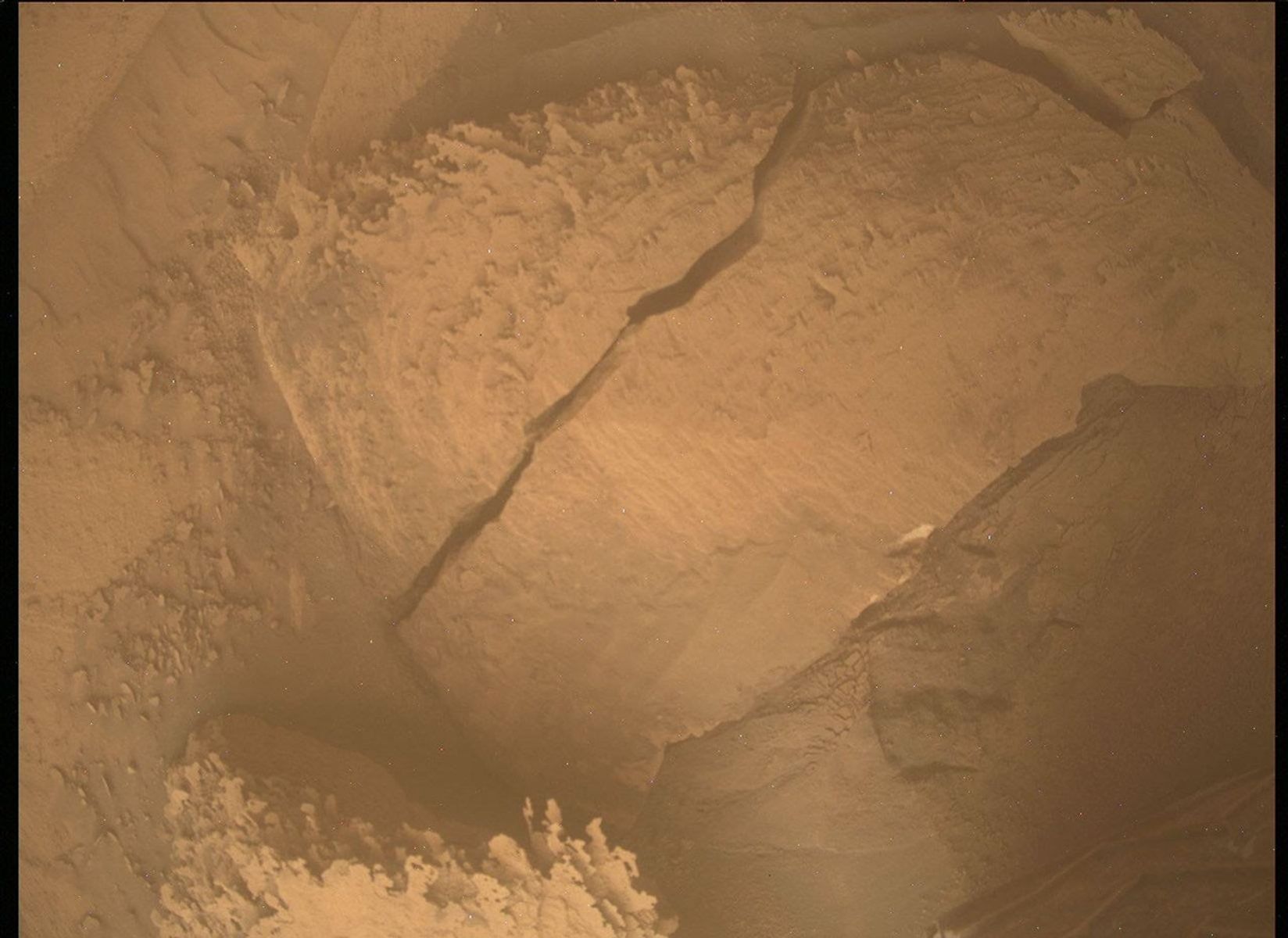
2 min read
Sols 4402-4415: Rover Decks and Sequence Calls for the Holidays

Earth planning date: Friday, Dec. 20, 2024
Welcome to the 2024 holiday plan for Curiosity! This year we’re spanning 14 sols to last us through the Earth new year. And this is my fourth year operating Mastcam during the holidays (throwback to 2023 Marsmas!). I already knew to expect a long day, so I got my lunch prepared — blew Mars a kiss in the pre-dawn sky — and headed to work at 0600 Pacific time to start planning prep. Luckily my team got a head start on Mastcam images by including a full 360-degree panorama, post-drive, last plan, so I just had to fill in some gaps and cover some buttes with our higher-resolution camera. In total we’re only planning about 438 images this holiday, which is a pretty light haul if you can believe it! We also didn’t pass SRAP to unstow the arm (again) today, which is a bummer for science but usually makes my job easier since Mastcam doesn’t have to worry about where the arm might be during our imaging. One instrument’s coal is another instrument’s present!
So we’re doing things a little funky this holiday. We’re planning science on the first, seventh, 13th, and 14th sols — with a drive and a soliday! The hardest part of this plan was keeping it all straight in our heads.
Without any contact science planned, MAHLI went on holiday early (actually, she’s been out all week!) and APXS only had to babysit an atmospheric integration, which doesn’t require any arm motion. ChemCam has three LIBS and four RMI mosaics planned, which is definitely more than usual. But actually, the highest sequence count for today goes to Mastcam! Our usual limit is around 20 sequences for complexity reasons, but today I delivered 34 total sequences. Of those 34 sequences, 10 are for tracking surface changes from wind, seven are for measuring the atmospheric opacity, three are ChemCam LIBS documentations, three are for documenting our location post-drive, two are large mosaics of Texoli and Wilkerson buttes, and two are for noctilucent cloud searching (our first attempts to find clouds this Martian winter!).
With any luck, we’ll start passing SRAP again in 2025 after another approximately 58-meter drive (about 190 feet). Until then, Earthlings — Merry Marsmas and Happy Earth New Year!
Written by Natalie Moore, Mission Operations Specialist at Malin Space Science Systems


